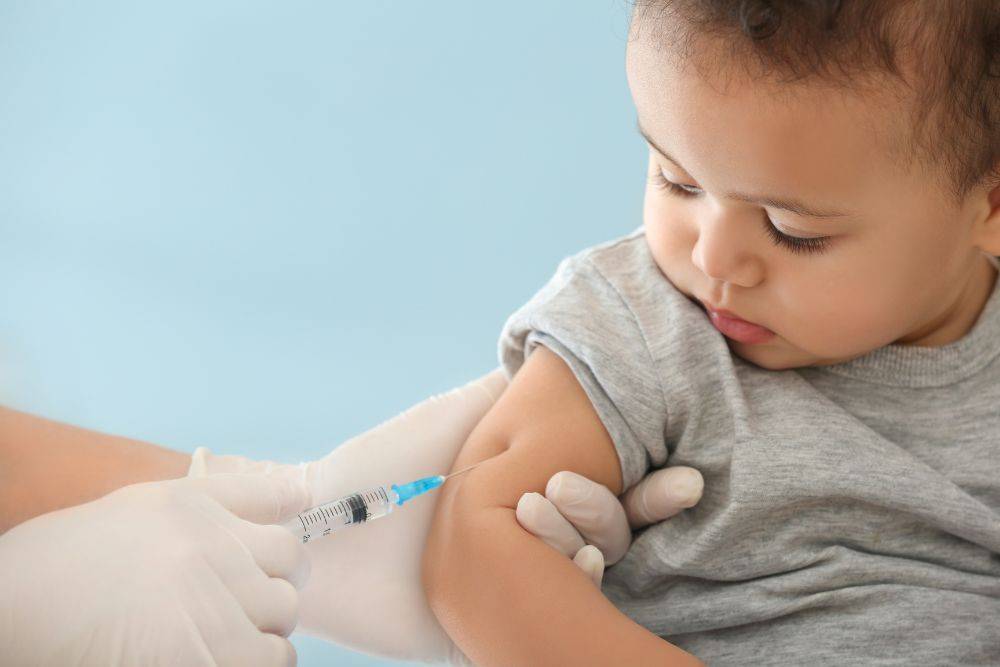The United Nations has expressed serious concerns over the stagnation of childhood immunisation levels worldwide.
Recent data indicates that vaccination rates have stalled, raising alarms about potential outbreaks of preventable diseases.
Causes and Implications
Health officials cite various factors for the slowdown, including misinformation, logistical challenges, and the lingering impacts of the COVID-19 pandemic. The pandemic disrupted routine healthcare services and diverted resources, making it difficult to maintain immunisation schedules. Additionally, vaccine hesitancy driven by misinformation on social media platforms has further compounded the issue.
Potential Health Crisis
This stagnation threatens to reverse decades of progress in global health, potentially leading to resurgences in diseases like measles, polio, and diphtheria. Most alarming is the increase of zero-dose children, or those who have not received a single vaccine. This may lead to the reemergence of previously suppressed diseases. The World Health Organisation (WHO) warns that a small decline in vaccination coverage can result in large outbreaks, given the contagious nature of these diseases. Historical data supports these warnings, showing that communities with lower vaccination rates have experienced significant outbreaks.
Regional Disparities
The situation is particularly dire in low- and middle-income countries, where healthcare systems are already strained. Regions in Africa and Southeast Asia are experiencing significant drops in immunisation rates, exacerbated by limited access to healthcare services and vaccines. In these areas, logistical challenges such as lack of refrigeration for vaccines, transportation issues, and insufficient healthcare personnel further hinder immunisation efforts.
Impact on Vulnerable Populations
The WHO have stated that half of the world’s unvaccinated children live in 31 countries that are conflict-affected. This is most concerning as they are especially vulnerable to contracting preventable diseases. The instability in these regions often leads to disrupted healthcare services, making it challenging to implement consistent immunisation programs. For instance, in parts of Syria and Yemen, ongoing conflict has severely affected vaccination campaigns, leaving millions of children at risk.
Economic and Social Implications
The economic implications of stalled immunisation efforts are profound. Outbreaks of preventable diseases can lead to significant healthcare costs, loss of productivity, and long-term economic burdens on affected countries. Additionally, the social impact on communities, including the loss of life and long-term disabilities caused by diseases like polio, can be devastating.
Call to Action
The UN urges countries to reinforce their immunisation programs, improve healthcare infrastructure, and combat misinformation to ensure children receive essential vaccines. Governments are encouraged to invest in community health workers and mobile clinics to reach remote areas. Additionally, public awareness campaigns are needed to address vaccine hesitancy and educate parents on the importance of immunisation.
Global Cooperation
Increased international cooperation and funding are critical to addressing these challenges. The UN calls for a collaborative effort among nations, non-governmental organisations, and the private sector to support global vaccination initiatives. This includes ensuring equitable distribution of vaccines and resources to the most affected regions.
Technological Innovations
Technological innovations play a crucial role in enhancing vaccination efforts. Digital health records, mobile health applications, and data analytics can help track immunisation coverage, identify gaps, and ensure timely interventions. Drones are also being used in some remote areas to deliver vaccines, overcoming geographical barriers that have traditionally impeded access.
Role of International Organisations
Organisations like UNICEF and Gavi, the Vaccine Alliance, are at the forefront of global immunisation efforts. They provide critical support in the form of funding, vaccines, and technical assistance to countries struggling to maintain immunisation rates. Their efforts are complemented by initiatives such as the COVAX facility, which aims to ensure equitable access to COVID-19 vaccines and strengthen overall immunisation programs.
Conclusion
The stagnation in childhood immunisation rates is a pressing global health issue that requires immediate and sustained action. By working together, the international community can protect millions of children from preventable diseases and secure a healthier future for all. Therefore, the UN’s call to action highlights the need for a multifaceted approach, combining public health initiatives and technological advancements.
Have a pressing question for a doctor? Medical Channel Asia has launched a community forum page where you can get questions answered by a medical specialist. Visit the community forum here.

